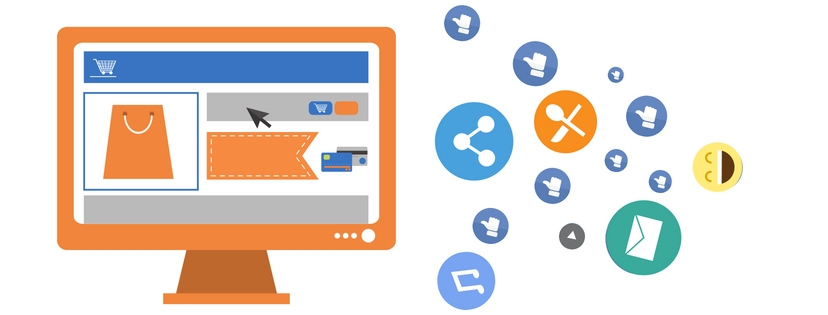What is Content Marketing, and Does It Work?
Posted on August 06, 2018 nerdymind

About the Author
John Garvey
John Garvey is a marketing copywriter and the founder of Garvington Creative in Fort Collins. He specializes in business storytelling and other content that makes businesses more memorable, more credible and ultimately more profitable. Questions? Contact him here.
Content is an Important Investment
Content marketing, in many ways, flies in the face of conventional wisdom. You’re giving away intellectual capital free of charge, and much of your audience will never become customers. You dedicate time and money to helping people solve problems and answer questions and may go months without seeing a return on your investment.
Yet content marketing is not just profitable—it’s indispensable to establishing trust and remaining relevant, regardless of your industry.

What is content marketing?
The Content Marketing Institute defines content marketing as “a strategic marketing approach focused on creating and distributing valuable, relevant, and consistent content to attract and retain a clearly defined audience — and, ultimately, to drive profitable customer action.”
So what does that mean? Above all, it means creating TRUST. Content marketing is about helping people find answers to real life issues they face, free of charge, so paying customers eventually come to you.
Why is this a thing all of a sudden?
Content marketing has actually been used for generations. For instance, John Deere has been publishing The Furrow, an agricultural magazine, since 1895. Only recently, however, has content risen to the forefront of marketing strategy. Why?
The ad industry has been turned on its head by the ease of sharing information online, which we enjoy and sometimes revile. Customers have access to resources that allow them to do their own research and make informed choices among competitors. They’re less tolerant of interruptions, mute or fast-forward through TV ads, and tune out in one way or another when they feel like they’re being pitched to. (This is particularly true of millennials.)
Traditional advertising has become less relevant (though not irrelevant) and social media has had a huge impact on how people make buying decisions. If you doubt this, think of the last time you used a customer review site like Yelp or OpenTable to decide where to eat. Think of a company that has a great podcast or blog and how it has shaped your perception of the business.

An example of content marketing in action:
- Someone who has no immediate need for your services/products reads a helpful, entertaining blog post, thinks “I might want to circle back to this,” and adds the site to her bookmarks bar.
- Three weeks later she revisits your blog, reads or views (depending on the format) a follow up post and subscribes to your newsletter.
- A friend mentions something in a casual conversation that relates to what you do, prompting her to think of you. She recommends your blog, podcast or white paper as a resource and forwards him the link.
- He views the content on your site, decides that you know what you’re talking about and ultimately makes a purchase.*
- Why does he choose you? You may not be the cheapest or most experienced among your competitors, but your content communicates how invested you are in your work. It’s authoritative enough to make you trustworthy and credible, which de-risks things from the client’s standpoint.
*In most cases, that’s an abridged version of customer development, but it makes my point.
Parting thoughts and disclaimer
Content marketing is about positioning yourself as a trusted resource, staying top of mind as unobtrusively as possible, and helping people rather than pushing messages on them. This admittedly takes time. Rarely is it explicitly self-promoting, flashy or loud. The process of attracting clients with content may begin with idle curiosity about something you happen to do well or it may begin with someone who has a sense of urgency.
It’s a slow drip, but like a life-saving therapy, content can pay for itself many times over.
